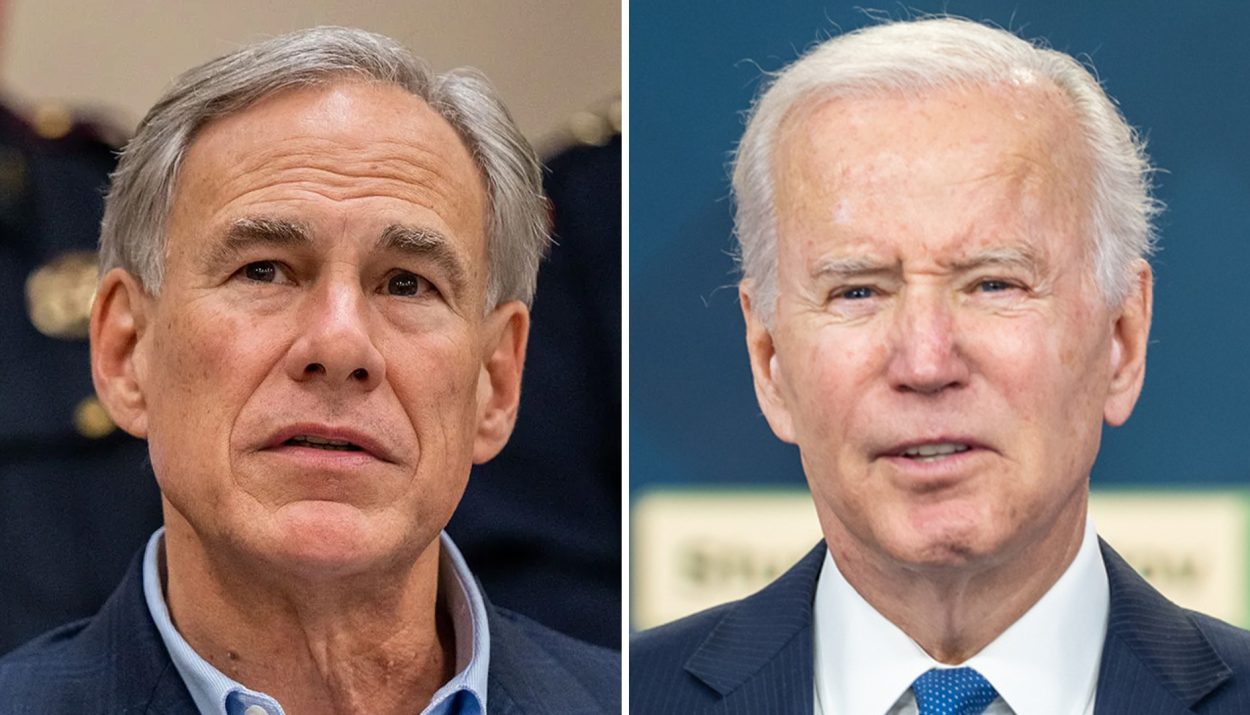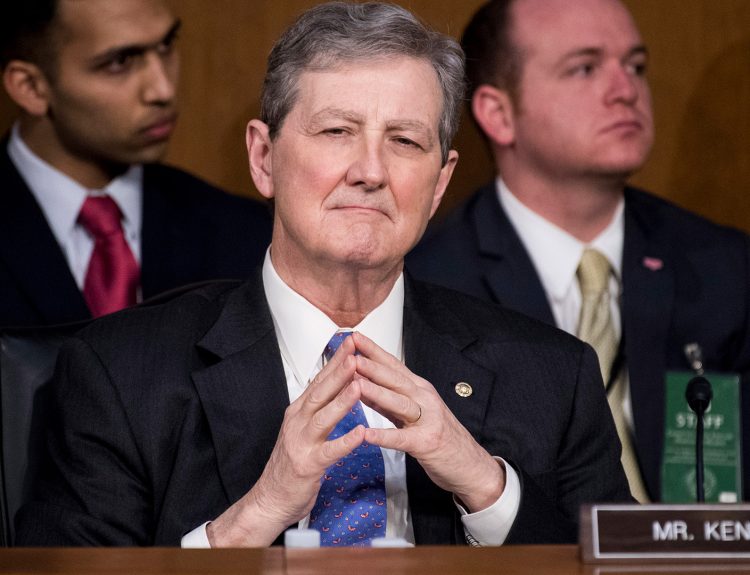Texas Governor Greg Abbott has recently issued a dire warning over proposed changes to Medicaid, the public health insurance program for low-income adults, children, pregnant women, elderly adults, and people with disabilities. This is in response to a new rule proposed by the CMS in February 2023 that would change long-standing practices on how states fund their share of Medicaid payments. Currently, most states use provider taxes to help pay their part, but this new rule will limit that use, potentially leaving states with a significant funding shortfall. Abbott believes that this could lead to cuts in elderly and disabled adult services who rely on Medicaid for healthcare.
The Concerns Regarding The Financing Of Payments
The concerns of Governor Abbot are rooted in the CMS’ issuance of a new proposed rule in February 2023. This rule would alter the historical practice regarding how states finance non-federal shares of payment made under Medicaid.
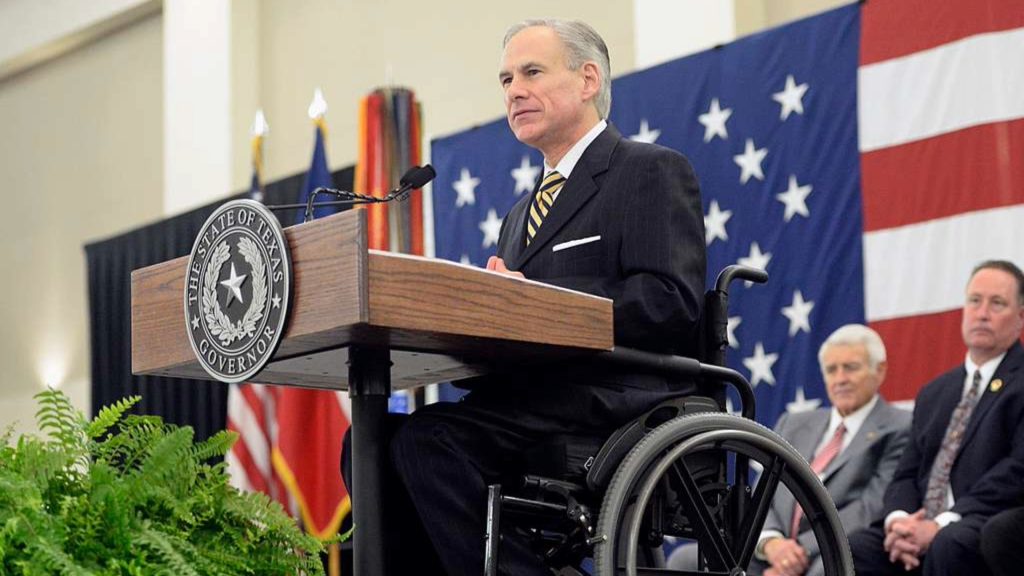
At present, most states utilize provider taxes to help cover their part of the costs associated with operating this program. However, the new rule may restrict utilization of such taxes thereby leaving huge funding gaps for various states. Abbott has cautioned that this may lead to cuts in services especially related to elderly and disabled adults who rely on Medicaid for health care support.
How Does The Current Medicaid System Work?
Medicaid is an important component in America’s healthcare apparatus as it offers coverage for almost 100 million poor citizens. The program is jointly funded by both levels of government, with federal contributions accounting for 60% approximately of total reported Medicaid outlays on average.

In so doing, this federal-state partnership allows each state to design its unique version while at the same time ensuring that such programs are adequately financed.
The Role of Healthcare Provider Taxes
Most jurisdictions currently impose levies on multiple forms of medical care as a way to raise funds needed for paying off their constituent’s portions under this scheme including those connected with nursing homes as well as intermediate care facilities among others.
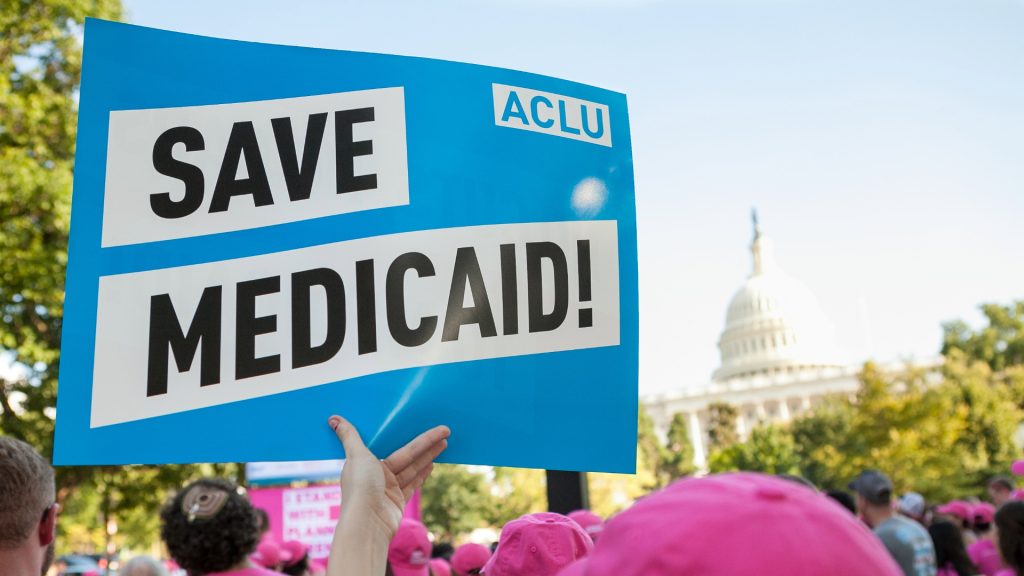
As a result, revenue created from these taxes will be used partly in catering to the state’s quota-related costs under the Medicaid plan hence aiding other available federal resources meant specifically for such initiatives through further leveraging them since the amount spent by each state on Medicaid is matched with federal funds on a dollar-for-dollar basis.
The Controversy Over Provider Taxes
However, according to the Committee for a Responsible Federal Budget, which is a non-partisan public policy organization, many states use these taxes to increase their federal funding. These taxes are implemented while simultaneously increasing payments to the providers.

Critics argue that this approach results in more costs being shifted to the federal government than to state governments hence undermining the principle of co-sharing between them and also pushing away more expenses towards other parties involved.
The Proposed Changes To The Funding Model
CMS has proposed some changes in its Medicaid funding model to deal with these concerns. One of these major changes includes requiring provider payment levels not to exceed average commercial rates.
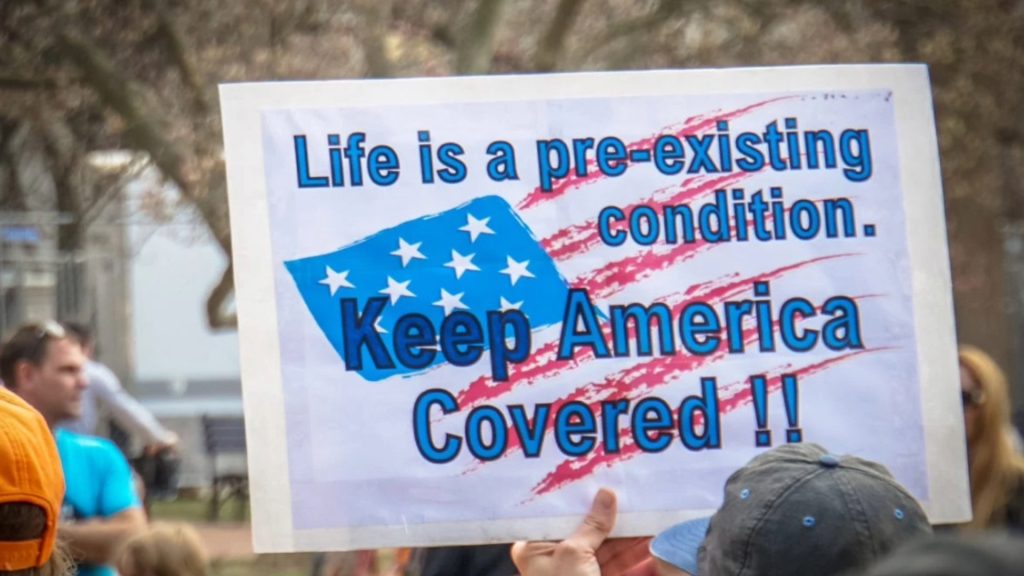
This aims at stopping states from artificially inflating provider payments to receive more federal funds. Additionally, there will be a requirement for states to report the total dollars expended by them on each state-directed payment made as per the proposed changes for greater transparency that ensures the proper use of federal money.
Abbott Warned That The Medicaid Safety Net May Fail
The safety net of Medicaid will likely be hit hard by these changes, warned Governor Abbott. He mentioned elderly and disabled adults, pregnant women, and millions of children dependent on Medicaid for their healthcare as his greatest preoccupation.

Should the states fail to fund their portion in the cost-sharing formula of Medicaid, they could be compelled to trim what services they have or lower eligibility for these classes, thus leaving this group without essential health care.
Abbott Wrote A Joint Letter To Biden Raising His Concerns
A joint letter was written to President Biden by Governor Abbott and seven other state governors who raised their concerns about the proposed changes. They asked the President to reconsider these policies in the final Informational Bulletin and in a proposed rule that was issued by CMS.
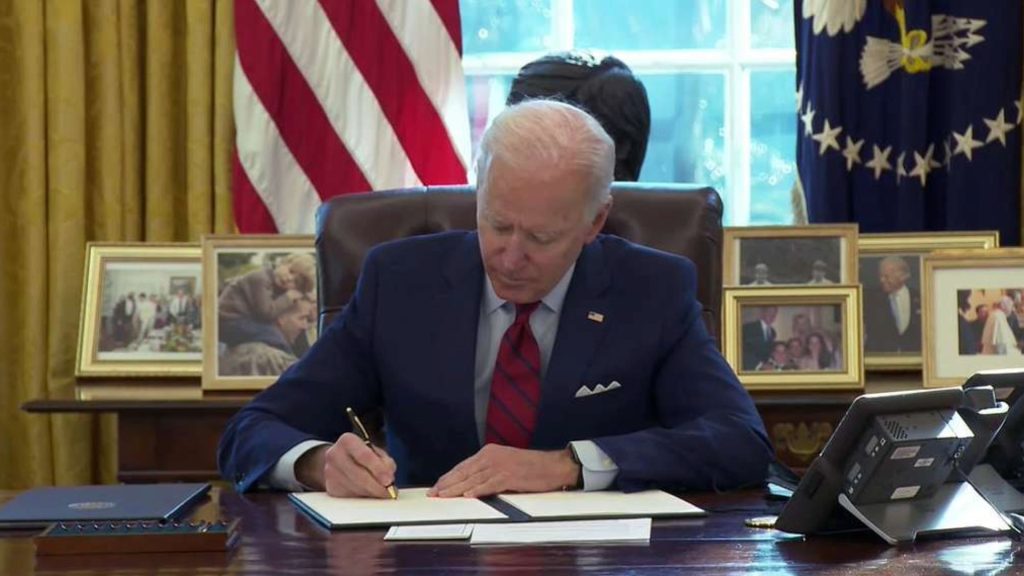
This is a united front among the governors showing concern across the board on the possible effects of such modifications.
The Financial Implication Is A Cut Of $48 Billion
If implemented, what these CMS policy shifts would do is cause Medicaid funding to be cut by a staggering $48 billion per year. The same 49 states that depend on provider taxes for the support of their Medicaid programs are at risk of this potential reduction.

These cuts could force hard choices regarding resource allocation among states, meaning services or eligibility may be slashed.
The Cut In Funding Could Damage Healthcare Systems
Reduction in Medicaid funding could damage vital health systems that serve our most vulnerable populations thereby widening care disparities. It is seen as bad news for healthcare systems that cater to society’s most fragile members of society through financing loss.
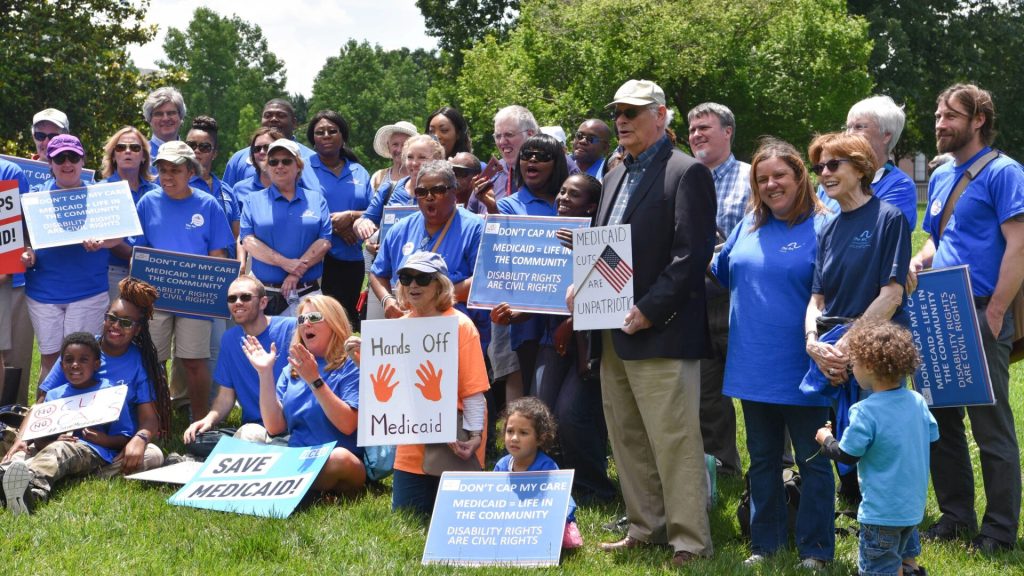
Inadequate funding may make it difficult for these systems to provide optimal health care to those who require it most leading to worse health outcomes and increased long-term costs of care.
The Importance of State Flexibility
The governors stress the importance of state flexibility when it comes to Medicaid financing. They argue that this flexibility is necessary to retain access for needy individuals seeking quality healthcare services.

Every single state has different needs and problems in terms of healthcare, so shaping their own Medicaid plans accordingly will be vital. If limited, such an approach might negatively impact the delivery of services by states among them those meant for their Medicaid citizens.
Governors Unit To Protect The Integrity Of Medicaid
Despite divergent political paths, these governors find unity in the cause of protecting Medicaid’s integrity. Their plea to President Biden is a clear sign that when it comes to healthcare, the well-being of millions of Americans hangs precariously in the balance of federal policy decisions.

This unity underscores the importance of the issue at hand and the urgent need for thoughtful consideration and action.
What Was The Response From The Federal Government?
Reviewing all comments made on the proposed rule and factoring them into its final decision-making process is what CMS has asserted. Nevertheless, this sense of urgency about the letter expressed by these governors demonstrates the need for an immediate well-thought response.
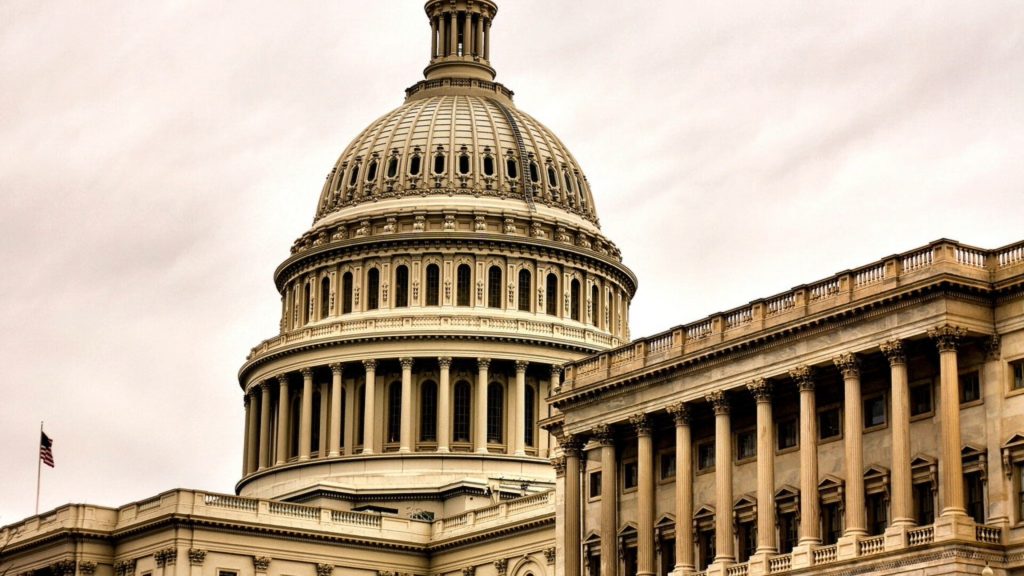
The federal government will be defining Medicaid’s future during the coming few weeks and months.
What Does The Future Of Medicaid Services Hold?
As healthcare costs continue to rise, coupled with rising demand for Medicaid services, finding a sustainable and equitable solution to Medicaid financing becomes increasingly necessary.

Hopefully, this ongoing dialogue will yield policies that keep Medicaid in place long-term while preserving access to healthcare for some of the most vulnerable people in our country.
The Future Of Healthcare Remains Uncertain
The proposed changes to Medicaid have sparked a heated debate. As the discussion continues, the future of healthcare for millions of Americans remains uncertain.

The decisions made will have far-reaching implications for the nation’s most vulnerable citizens.

